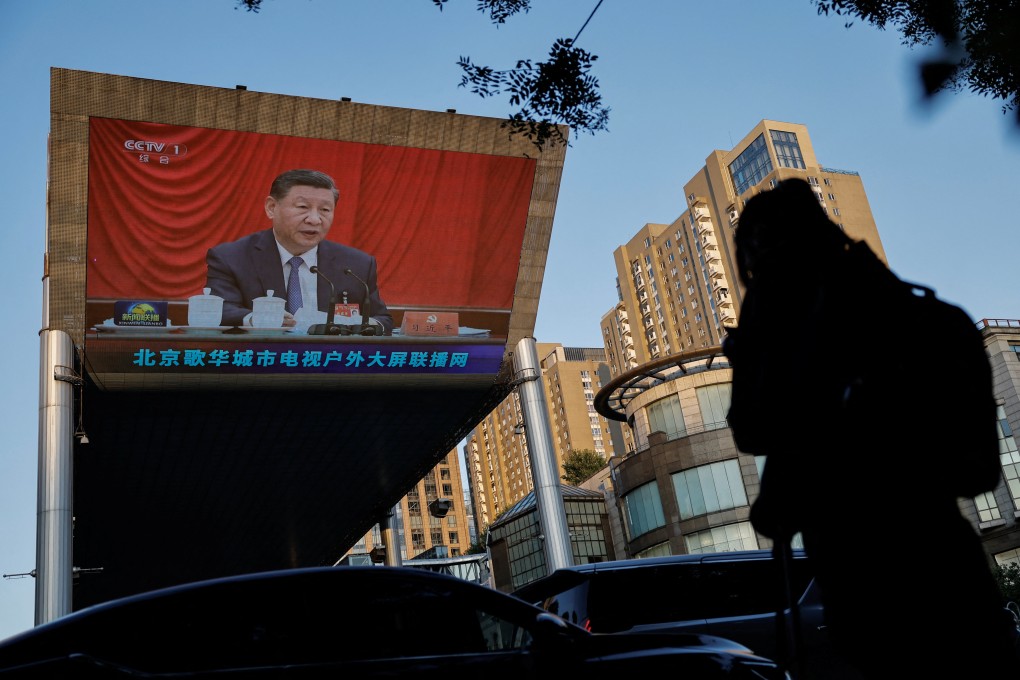Advertisement
Opinion | What China watchers should know about where the country is headed
- The reforms outlined in the third plenum sets the groundwork for deepening efforts such as poverty alleviation and sustainable development
Reading Time:3 minutes
Why you can trust SCMP
2

Western media analysts often fail to grasp the significance of the reforms initiated at the third plenum of the Communist Party of China, which recently concluded in Beijing.
Advertisement
The Communist Party typically holds seven plenary sessions during each five-year term of its Central Committee, and the third is particularly important as major policy directions and reforms are often introduced.
The 1978 third plenum marked the beginning of China’s reform and opening up, a policy introduced by Deng Xiaoping that transformed China from one of the world’s poorest countries into the second-largest economy, measured by nominal gross domestic product (GDP).
The Communist Party’s third plenum in 2013 further deepened these reforms, ensuring China’s continued economic growth, perhaps setting the stage for it to one day become the world’s largest economy.
On July 18 this year, the third plenum concluded with a proposal for “further comprehensive deepening [of] reform”, a continuation of China’s pragmatic approach to development that Western analysts often underestimate.
Advertisement
Long-term reform is a challenge. In Western democracies, political candidates campaign on promises of change, but after one or two terms, little may actually change. Even if reforms are implemented, there is no guarantee that a successor won’t reverse them. China, however, approaches reform as a relay race, with each generation of leaders passing the baton to the next.

Advertisement
